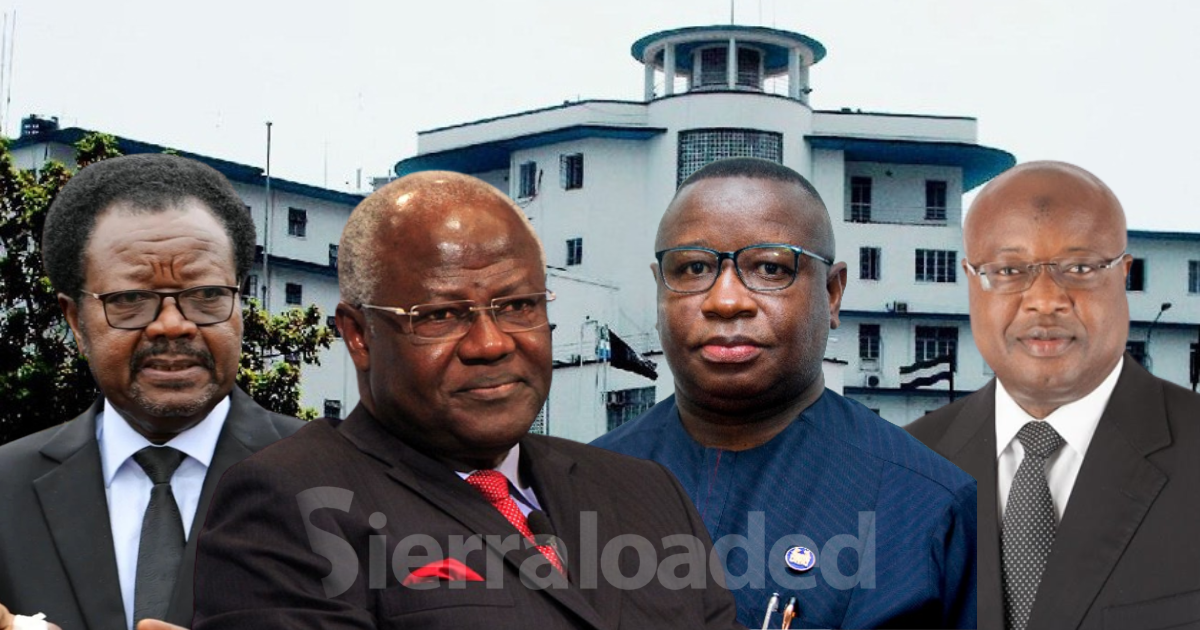Sierra Leone, a West African nation with a complex history, is undergoing significant political transformations since gaining independence in 1961. Sierra Leone Politics is Beyond Doubt, asserts the undeniable intricacies and dynamics of its political landscape. A closer examination of the historical, social, and economic factors shaping Sierra Leone’s politics sheds light on its evolution.
In the early post-independence years, Sierra Leone embraced democracy with optimism. However, recurring political instability, notably highlighted by the brutal civil war from 1991 to 2002, casts a lingering shadow over the socio-political fabric. The quest for stability prompts questions about the resilience of Sierra Leone’s political institutions amid such challenging legacies.
Sierra Leone’s political spectrum reveals a diverse landscape with multiple parties vying for power. Ethnic, regional, and socioeconomic factors add complexity, influencing political alliances and voter preferences. Affiliation with these factors often shapes governance, potentially leading to a focus on specific groups at the expense of others.
Speaking with Mr. Wilson Bright, a former politician who has reduced his political involvement due to old age, he emphasized, “One of the major challenges in Sierra Leone politics is the ethnic and regional focus. Many politicians are associated with specific ethnic and regional groups, adversely affecting citizens outside their circles. Securing jobs in Sierra Leone now depends less on qualifications and experience, and more on political influence. This situation is detrimental to our economy. My advice to all politicians is to work towards eliminating the influence of ethnic and regional groups in our political development. We are all Sierra Leoneans, and unity should be our focus.”
Economic considerations play a pivotal role, given the nation’s wealth in natural resources. The title implicitly acknowledges the link between politics and economic realities, crucial for sustained stability. Recently, Sierra Leoneans are grappling with an escalating cost of living and rising prices, attributing it to high taxes. Politicians attribute this to the war in Ukraine, impacting global food stores, emphasizing the impact of external events on Sierra Leone’s economy.
Mrs. Hannah Cole, an international businesswoman, emphasized in her interview that the primary focus of politicians should be to strengthen the country’s economic system. She highlighted the significance of a stable economy, asserting that it holds equal importance to any other sector in a nation’s development. Mrs. Cole expressed concern that if a country faces an economic crisis and the government imposes high taxes on essential goods like rice and gas, the citizens, particularly the impoverished masses, will endure continued hardship, impeding the nation’s progress. Critiquing the current political administration, she argued that their economic policies, characterized by excessive taxation, contribute to the rising costs of staple goods, making life increasingly difficult for the citizens. Mrs. Cole urged the government to reassess its strategies, emphasizing the need for a more citizen-friendly tax system to foster economic development and alleviate the burden on the people.
International involvement has left an indelible mark on Sierra Leone’s political development. Foreign aid and diplomatic interventions reflect the interconnectedness of Sierra Leone’s politics with global dynamics. However, concerns arise as decisions increasingly lean towards international communities, potentially diminishing local autonomy.
Mrs. Rugiatu Sankoh highlighted that international involvement in our politics has both advantages and disadvantages for our country’s political system. While international communities contribute significantly to funding government projects and supporting NGOs, there’s a concern that this assistance hinders local autonomy. The government and politicians often rely on international support for decision-making, leading to a lack of self-sufficiency. It’s crucial for our leaders to shift focus from constant solicitation of funds and utilize our abundant local resources to foster national development. Rather than blaming external factors, such as the Ukraine war, for economic challenges, our government should tap into available resources, including funds in the Sierra Leone Bank, and prioritize efficient utilization of both local and international aid for the nation’s progress.
Sierra Leone has visibly worked to strengthen democratic institutions and foster economic development. Challenges persist, highlighting the need for sustained commitment and collective action. The dynamics, from historical scars to contemporary challenges, underscore the imperative of a nuanced understanding of Sierra Leonean politics.
Sierra Leone Politics is Beyond Doubt captures the complexity of politics in the nation, influenced by historical, social, economic, and international factors. The journey toward stability and prosperity requires navigating these complexities with a nuanced understanding and a collective commitment to progress.



 2 Comments
2 Comments









Comment(s)
Disclaimer: Comments expressed here do not reflect the opinions of Sierraloaded or any employee thereof.